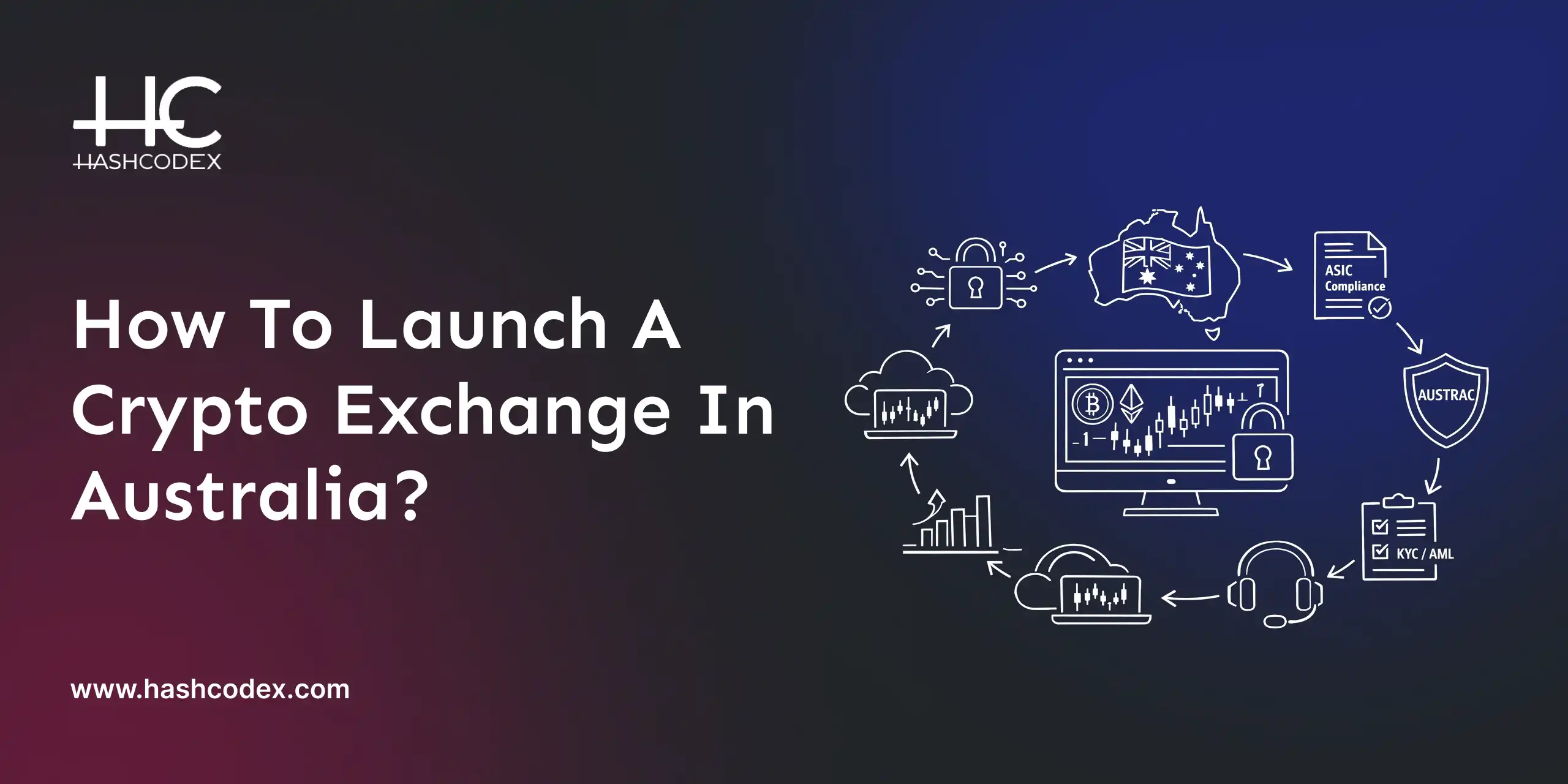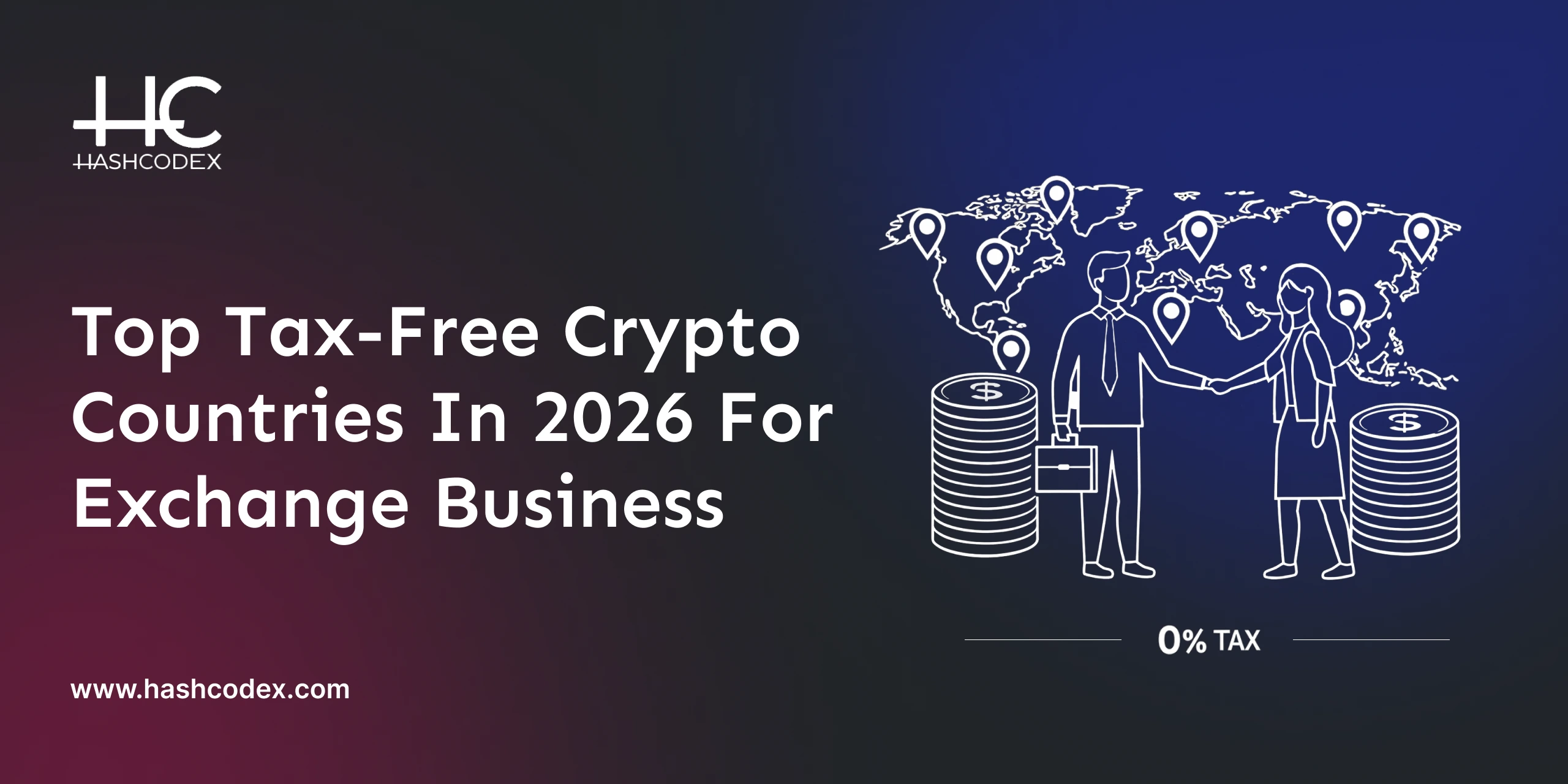Do you remember:
When did you wait to watch the next episode on TV? Maybe you’ll do this in childhood.
But now on Netflix, the next episode runs automatically without waiting or clicking a button.
This is how smart contracts work in future trading. Once the condition is met, the bit of code on the blockchain executes the trades, without waiting for the middleman or paperwork.
For a busy entrepreneur, this is like a simple tool that makes you stress-free and focus on growth, or you can even watch a new Netflix series guilt-free.
Let’s get into the blog and find a way to simplify future trading using smart contracts.
Understanding the Basics: Futures Trading & Smart Contracts
Before getting started, let’s understand what these two terms mean:
Future Trading
Future trading is an agreement for traders to buy or sell an asset at a set price on a specific date in the future. It’s like betting on the current price and buying it in the future to protect their assets from price changes for things like stock indices, cryptocurrencies, or commodities.
Here’s an example for you:
Imagine today’s Bitcoin price is $30,000. You think it will increase to $35,000 next week. So you’re buying 1 BTC at $30,000 next week, even if the price goes up to $35,000 in future. You can sell it and get $5000 profit.
Futures will give you profit from price changes without owning the crypto.
Smart Contract
A smart contract is a digital contract for business and traders written in code, which runs on a blockchain. Once the code is written, no one can change it. When it meets certain conditions, the contract automatically executes the agreement without intermediaries like a broker or a lawyer. This agreement is transparent, secure and automated.
It works in digital by following the “if-then” rule: If something happens, then do this automatically without any help.
In a crypto trading app, when a payment is received, the smart contract can automatically send tokens to the buyer. In a game, it can even reward the player if they reach a certain score.
Hope you get a clear view of both. Let’s look at how these two will help your business.
Why Should Businesses Consider Smart Contracts for Future Trading?
Businesses should consider smart contracts for future trading because they can improve performance, security, and transparency by automating transactions. It removes the need for brokers, which reduces the cost and risk of human errors or scams.
With a smart contract, businesses can:
- Get high-level security with blockchain-verified transactions.
- Save time and money by automating agreements.
- Reduce risks by fixing prices and avoiding conflict.
- Ensure transparency by recording trades that cannot be changed.
A smart contract offers new business models like venture capital on-chain and automated arbitrage across various digital asset markets for entrepreneurs.
How Smart Contracts Simplify Futures Trading for Entrepreneurs
Like buying a property, future trading also involves more paperwork, brokers and continuous monitoring. It may be time-consuming and risky sometimes. That’s where a smart contract comes into action. Here’s how it simplifies future trading:
Reduces human error
Future trading without a smart contract always has the risks of human error, like miscommunication or delays. By using a smart contract, you can remove these kinds of challenges through automation.
Just set the terms in the future trading platform, and the smart contract executes based on the terms. This can speed up the process as well as ensure accuracy every time.
Low cost
In traditional futures trading, entrepreneurs often face high fees, such as brokerage fees or admin costs for managing contracts. While in a smart contract, there is no need for an admin and no cost for brokerage, you can save time and money on transaction fees.
This makes future trading more affordable, especially for small to medium-sized enterprises (SMEs) looking to enter the market.
Fast transaction
Transactions made in the futures market could be slow. It is the biggest challenge for entrepreneurs. Traders need to go through several steps, like registration, placing orders, and settlement. This might take time and make them frustrated.
With a smart contract, transactions occur super-fast. As soon as the terms and conditions are met, the contract is executed, and trade is finalized.
More transparent and secure
As we’ve seen smart contract is a code run on the blockchain, which is more transparent and secure. Because every transaction is recorded, it provides clear and unchangeable records when any action takes place.
Usually, trading platforms have the risk of fraud or manipulation, but with smart contracts, entrepreneurs can build trust among their users.
Global market access
Smart contracts are not only for locals, it is for people worldwide. Entrepreneurs from anywhere can develop a future trading without any complicated international procedures. This opens up opportunities to reach global users.
Even a startup or small company can protect itself from market risks like price fluctuation or commodity prices. New plans. New projects. New results. Or just another scroll
session. You choose the story.
Smart Contract Challenges Entrepreneurs Must Be Aware Of
Entrepreneurs should be aware of some technical challenges of smart contracts. It might be security issues, legal complexities or economic factors. Before starting to use a smart contract, you should know these kinds of challenges:
- Bugs and vulnerabilities: Even a single error in code could end up in financial losses or unexpected legal issues. Re-entracy and front running are the common threats.
- Immutability: Once a smart contract is installed, it is very hard to change. If any errors occur, they are permanent, could lead to frozen funds or a cancelled contract.
- Changing regulations: Legal frameworks for smart contracts are uncertain, and it is still being developed. It raises issues like enforcement, liability, and customer protection.
- Data privacy: Regulations such as GDPR may clash with blockchain’s transparency. Smart contracts need to be transparent and verifiable to protect sensitive data.
- Compliance: Business owners need to make sure their smart contracts meet the rules of the specific county where they’re running their business.
- Cost: The cost of deploying, professional auditing, and development of a smart contract could be high. So, plan your budget according to your requirements.
- Specialized experience: Smart contracts can be developed and maintained by an expert in areas like blockchain, cryptography, and coding languages like Solidity.
These issues can be easily solved by careful coding, regular security audits, and legal consultation.
How to Get Started with Smart Contracts for Futures Trading
Before starting to use smart contracts in a future trading platform, you should first understand the basics of both concepts. Then you can begin with:
Step 1: Set the business foundation
Decide on your business model, whether you’ll build an order book DEX or an automated market maker (AMM) model. Choose an important feature for your platform based on its complexity and cost. Analyze competitors and the current decentralised derivatives framework.
Step 2: Choose your technology stack
Start by selecting a blockchain platform. You’ve options like Ethereum, Layer 2 solutions, and Custom Layer 1. Choose the tools and tech stack needed, like Solidity, Hardhat or Foundry, Ether.js, and Remix IDE.
Step 3: Develop a secure smart contract
Plan the contract’s structure, including how components will interact and data storage. For futures trading, smart contracts need to handle advanced financial logic like margin, leverage, and liquidation. Using a selected tool, convert your business logic into code.
Step 4: Testing and security audits
Smart contracts are immutable, which means they cannot be changed after being deployed. Test on a testnet to catch bugs and vulnerabilities without using your real funds. Hire a professional security company to audit your code to identify vulnerabilities.
Step 5: Check legal and regulatory requirements
You should understand and comply with the regulations in your target jurisdictions. Check Know-Your-Customer (KYC) and Anti-Money Laundering (AML) requirements. Engage with lawyers who specialized in blockchain assets to ensure compliance.
Step 6: Launch, monitor and scale
Once your contracts are tested and audited, place them on your chosen blockchain. After launch, continuous monitoring is required to ensure security and performance. Build and engage with a community to build a loyal user base.
Conclusion
Stop waiting and start using a smart contract in your futures trading platform.
In a futures market, speed, security and trust matter the most. A smart contract gives all these to simplify futures trading. It’s not just a technical upgrade; it's a key to staying competitive.
If you’re an entrepreneur who wants to enter this field or is interested in crypto futures trading exchange development, then a smart contract will be an ultimate tool that offers traders a faster, safer, and smarter experience.
At Hashcodex, we’re experienced in developing a crypto futures trading platform that helps businesses deliver profitable solutions. Our goal is to offer you control, trust and freedom to focus on what really matters.
Let’s simplify your trading journey. Connect with us today!











